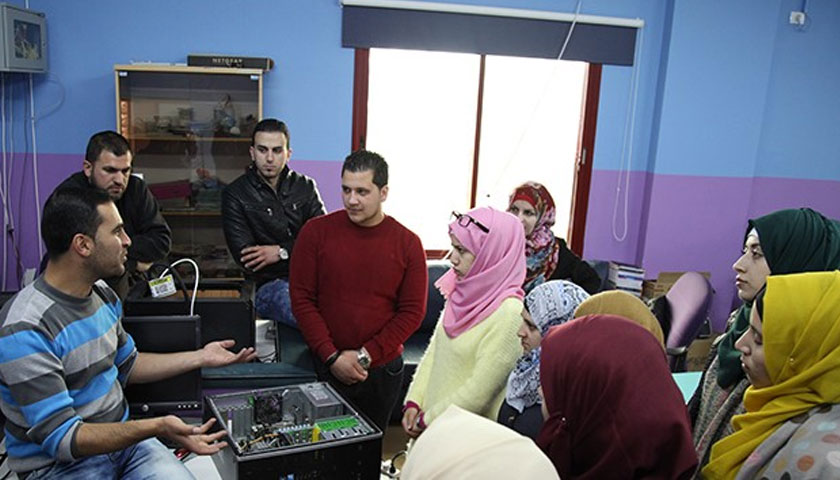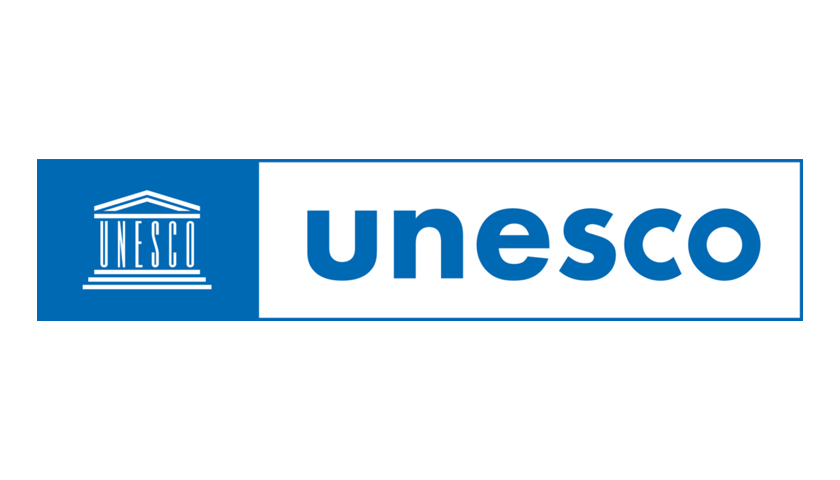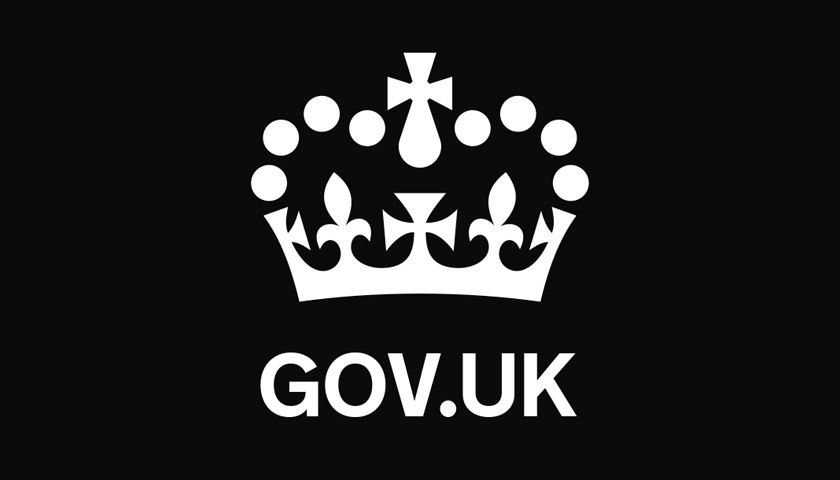In June 2019, the Palestinian Centre for Media Research and Development (PCMRD) launched in Hebron the second pillar of the project “Information and Communication Technologies (ICTs) and the Media as an effective prevention of violent extremism tool in the hands of the youth”.
The five weeks workshop included hands on training in media production. The sessions for four groups of trainees with some thirty participants from the three universities in Hebron and other youth NGOs, corresponded to the needs expressed to build capacities in media campaigns and in applying new communication modules in their respective programmes and activities.
By aiming to empower youth, UNESCO’s Information for All Programme (IFAP) supports PCMRD to deliver the training courses for young people in how to use different applications, web-based solutions and alternative ICT tools in media production. In addition, the young people learnt basic skills in storytelling and multimedia creation thus using ICT to fight back against violent or extremist content. The training workshops made use of UNESCO’s guides such as the “Teachers’ Guide to Media Education-PYALARA 2017” and the training guide “How to counter hate speech in Palestine-MADA 2018”. Fighting violent extremism through ICTS is key for developing sustainable knowledge societies and critical thinking of youth.
The final stage of the project entitled: “Information and Communication Technologies (ICTs) and the Media as an effective prevention of violent extremism tool in the hands of the youth” will allow the development and finalization of media productions that use animations, info-graphics, factsheets, videos and imaginary, audio-visual modules that are to be used during the online prevention campaign.
One of the beneficiaries underscored: “I always wanted to make a difference in the lives of the Palestinian youth in Hebron whom I see as victims of the domination of the traditions and customs. Developing my skills in active citizenship, leadership, ICT and media will enable me to do some positive change using this friendly, free and easy tool to reach out for their rights and the decision makers in the country. I believe that this project is a fantastic opportunity to give voices for the voiceless and I am very happy to be part of it”.
Promoting the empowerment of young people is an essential pillar in preventing violent extremism and the effective countering of radicalization, hate speech and violence, requires collective efforts from different stakeholders. The Information for All Programme (IFAP), through its priorities, in particular Information Ethics, has supported several initiatives, conferences and projects, creating synergies and promoting capacity-building and dialogue in this important field. The project in Hebron is part of IFAP’s commitment to support activities that help its members and partner to develop policies, and strengthen capacities in designing campaigns and concrete initiatives in order to prevent violent extremism.
“It is important to give young people the tools that will allow them to resist those who attempt to manipulate them using grooming techniques linked to social media and other digital means. It is impossible to overemphasise the need for all nations to actively promote media information literacy and the ethics of online discourse”, underlined Dorothy Gordon, the Chair of IFAP.
UNESCO plays an active role to assist Member States in developing more effective strategies to prevent violent extremism. UNESCO has committed itself to the United Nations Secretary-General’s Action Plan for the Prevention of Violent Extremism, focusing on priorities of direct relevance to UNESCO’s action such as education, skills development, youth empowerment and the Internet and social media. The Information for All Programme (IFAP) has played a crucial role in initiating and facilitating policy dialogue on the issue of online radicalization leading to violent extremism. The project in Palestine is part of a series of pilot projects worldwide, as an increased mobilization is still required for preventing successfully violent extremism and radicalization of youth through the reinforcement of the existing multi-stakeholders partnerships and the development of adapted policies and competences.


